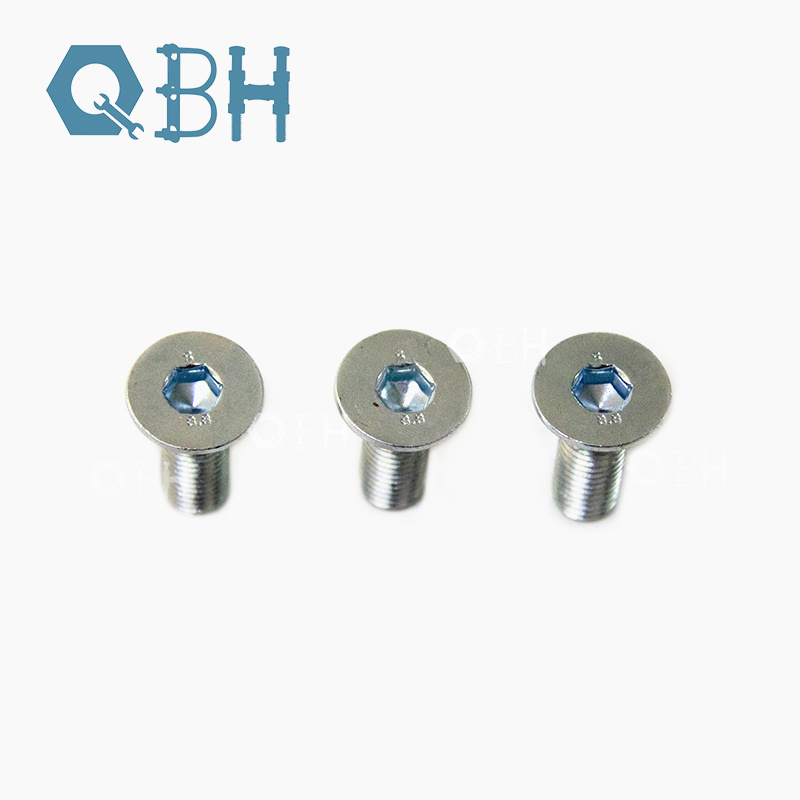The Essential Role of Steel Bolts in Construction and Industry
2025-06-12
When it comes to fastening and securing components in construction, manufacturing, and machinery, one small yet mighty component stands out: the steel bolt. These simple metal fasteners play a crucial role in holding everything together—from towering skyscrapers to everyday household items.

What Is a Steel Bolt?
A steel bolt is a type of fastener made primarily from steel, designed to be inserted through pre-drilled holes and secured with a nut or threaded into a tapped hole. Steel bolts come in various sizes, grades, and coatings, tailored to meet different strength, corrosion resistance, and application requirements.
Why Steel Bolts?
Steel is the preferred material for bolts due to its:
Strength and Durability: Steel bolts can withstand high tension and shear forces, making them ideal for heavy-duty applications.
Versatility: Suitable for a wide range of environments, from indoor assembly to harsh outdoor conditions.
Cost-Effectiveness: Steel offers excellent strength at a reasonable cost compared to other metals.
Availability: Steel bolts are widely available in standard sizes and grades.
Types of Steel Bolts
Carbon Steel Bolts: Common and affordable, used in general applications.
Alloy Steel Bolts: Enhanced strength and heat resistance for demanding environments.
Stainless Steel Bolts: Resistant to rust and corrosion, ideal for outdoor or marine use.
Common Applications
Steel bolts are everywhere in daily life and industry:
Construction: Securing steel frameworks, beams, and structural elements.
Automotive: Holding together engine components and chassis parts.
Machinery: Fastening gears, shafts, and housings.
Home Improvement: Furniture assembly, fixtures, and repairs.
Important Considerations When Choosing Steel Bolts
Grade and Strength: Ensure the bolt’s tensile strength matches the application needs.
Thread Type: Coarse or fine threads affect holding power and ease of installation.
Corrosion Resistance: Choose coated or stainless steel bolts for outdoor or corrosive environments.
Size and Length: Match bolt dimensions to the material thickness and load requirements.
Maintenance and Safety Tips
Regularly inspect bolts in critical structures for signs of wear, corrosion, or loosening.
Use proper torque tools to avoid over-tightening or under-tightening.
Replace damaged or rusted bolts promptly to maintain safety and integrity.
Conclusion
Though small, steel bolts are fundamental components in countless industries and everyday objects. Their strength, versatility, and reliability make them indispensable for securing parts and ensuring safety. Whether you’re an engineer, builder, or DIY enthusiast, understanding steel bolts and their proper use can make a big difference in the success and durability of your projects.


